Whether your friend is too afraid to speak up, or they think their problems aren’t big enough to warrant help, as their friend you can reassure them that no problem is ever too small. If you feel that your friend is in a harmful or dangerous situation there are ways you can help them. Remember, it is never considered tattling if you are trying to help.
On this page:
Red Cross Canada offers these tips for helping a friend who has experienced abuse, violence, bullying:
- Listen to what your friend tells you—try to stay calm and do not react with shock.
- Affirm your friend that it took a lot of courage for them to talk about this.
- Tell them that it is NOT their fault and that you are sorry it happened to them.
- Ask your friend how they would feel supported by you and what you can do to help.
- Encourage your friend it is important to talk with an adult they trust and that physical and sexual abuse (child abuse), physical and sexual assault and stalking (relationship violence) are criminal offences.
- Recognize and acknowledge your own feelings.
- Take care of yourself.
 If you attend an HWDSB school, you can get help anonymously for your friends through the We Help app.
If you attend an HWDSB school, you can get help anonymously for your friends through the We Help app.
Supporting a friend who is feeling suicidal
- Don’t ask too many questions – validate, don’t interrogate.
- Don’t try to relate – let them know that they have your attention.
- Encourage them to see a professional.
- Take them seriously.
- Share resources with them, such as helplines like Kids Help Phone.
- Check in with yourself afterward. Practice some self-care.
Supporting a depressed friend or partner
Supporting a friend in a toxic relationship
- Don’t judge/criticize them for being in the relationship.
- Approach them gently about the concerns you have for them.
- Let them know they are loved.
- Check in on them often.
- If things start to get out of hand, inform a professional.

